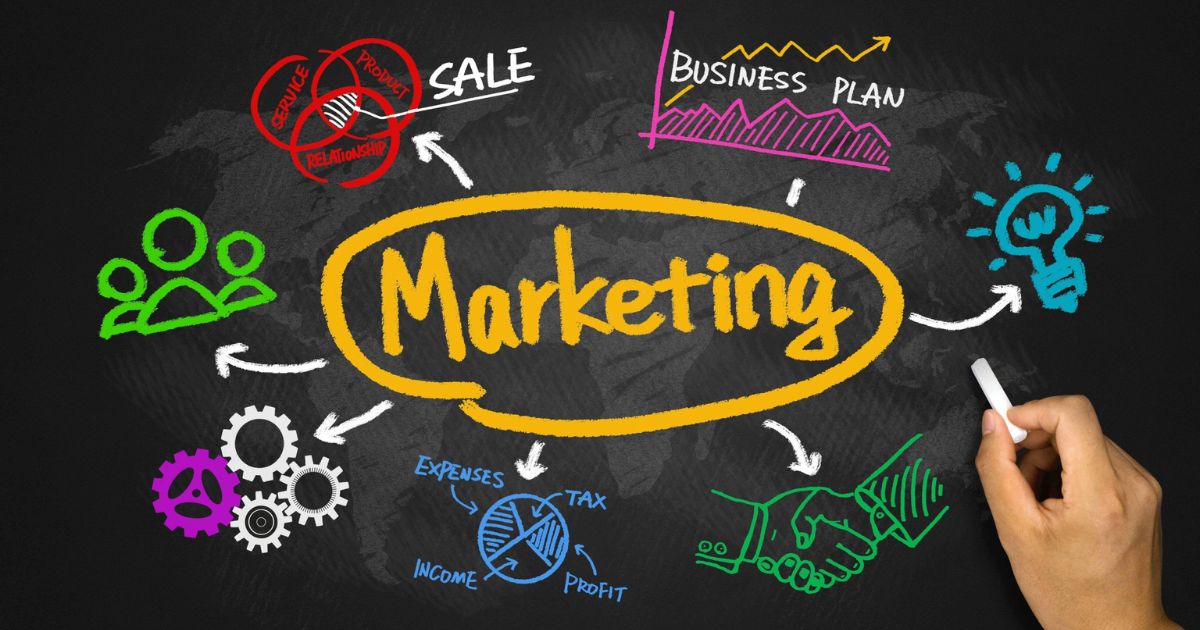Introduction
Marketing has become an integral part of our daily lives. It’s the strategic art of promoting and selling products or services, using various techniques to attract and retain customers. However, with the advent of technology and digital platforms, marketing has proliferated to an unprecedented level. This article delves into the insidious proliferation of marketing, examining its evolution, impact on consumers, ethical concerns, and future trends.
The Evolution of Marketing
Traditional Marketing Methods
In the early days, marketing was straightforward. Companies relied on traditional methods such as print ads, television commercials, and billboards to reach their audience. These methods were effective but had limited reach and targeting capabilities.
The Rise of Digital Marketing
The digital revolution transformed marketing. With the internet came new opportunities for businesses to connect with their audience. Email marketing, search engine optimization (SEO), and pay-per-click (PPC) advertising emerged as powerful tools to drive engagement and sales.
Marketing in the Digital Age
Social Media Marketing
Social media platforms like Facebook, Instagram, and Twitter have become marketing powerhouses. Businesses leverage these platforms to engage with their audience in real-time, create brand awareness, and foster loyalty.
Content Marketing
Content marketing focuses on creating valuable, relevant content to attract and retain a clearly defined audience. Blogs, videos, and podcasts are popular content marketing tools that help businesses establish authority and build trust with their audience.
The Impact on Consumers
Information Overload
With the proliferation of marketing, consumers are bombarded with advertisements and promotional content daily. This information overload can lead to decision fatigue, making it difficult for consumers to choose the best products or services.
The Effect on Purchasing Decisions
Marketing heavily influences consumer behavior. Clever advertisements and persuasive content can sway purchasing decisions, often leading consumers to buy products they may not need or want.
Ethical Concerns in Marketing
Invasion of Privacy
One of the biggest ethical concerns in modern marketing is the invasion of privacy. Companies collect vast amounts of data on consumers’ habits, preferences, and behaviors, often without their explicit consent.
Manipulative Tactics
Marketing strategies sometimes employ manipulative tactics to influence consumer behavior. These tactics can be misleading and exploitative, eroding trust between consumers and businesses.
Marketing and Technology
Role of AI in Marketing
Artificial intelligence (AI) plays a significant role in modern marketing. AI-driven tools analyze consumer data to create personalized marketing campaigns, predict trends, and optimize advertising strategies.
Data Analytics
Data analytics is crucial for understanding consumer behavior and measuring the effectiveness of marketing campaigns. By analyzing data, businesses can make informed decisions and improve their marketing efforts.
The Role of Influencers
Influencer Marketing Growth
Influencer marketing has exploded in popularity. Influencers, with their large and engaged followings, can significantly impact consumer behavior and brand perception.
Authenticity Issues
Despite its effectiveness, influencer marketing faces challenges related to authenticity. Consumers are becoming wary of influencers who promote products solely for monetary gain, leading to skepticism and distrust.
The Future of Marketing
Trends and Predictions
The future of marketing is likely to be shaped by emerging technologies such as augmented reality (AR), virtual reality (VR), and blockchain. These technologies will offer new ways for businesses to engage with their audience and enhance the customer experience.
Sustainable Marketing Practices
As consumers become more environmentally conscious, sustainable marketing practices will gain importance. Businesses will need to adopt eco-friendly practices and promote sustainability to appeal to this growing demographic.
Conclusion
Marketing has come a long way from its humble beginnings. The digital age has brought about an insidious proliferation of marketing, with both positive and negative implications for consumers and businesses alike. As we move forward, it’s essential to balance innovation with ethical considerations to ensure a fair and trustworthy marketplace.
